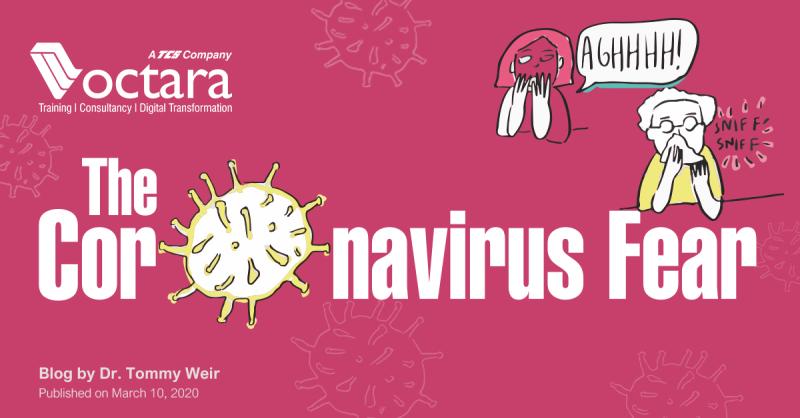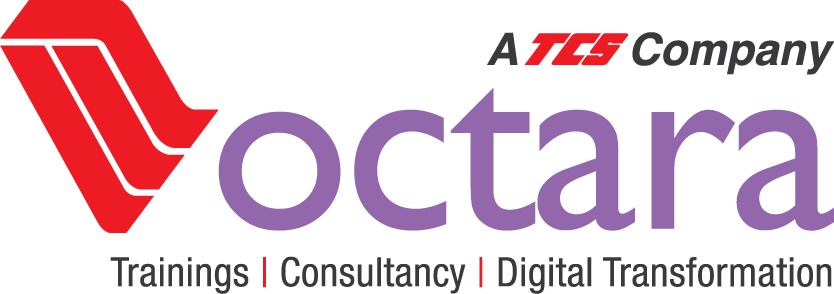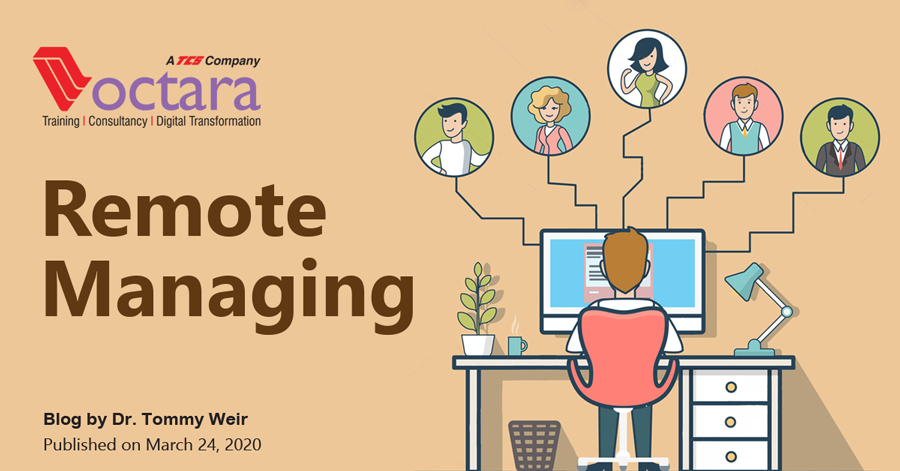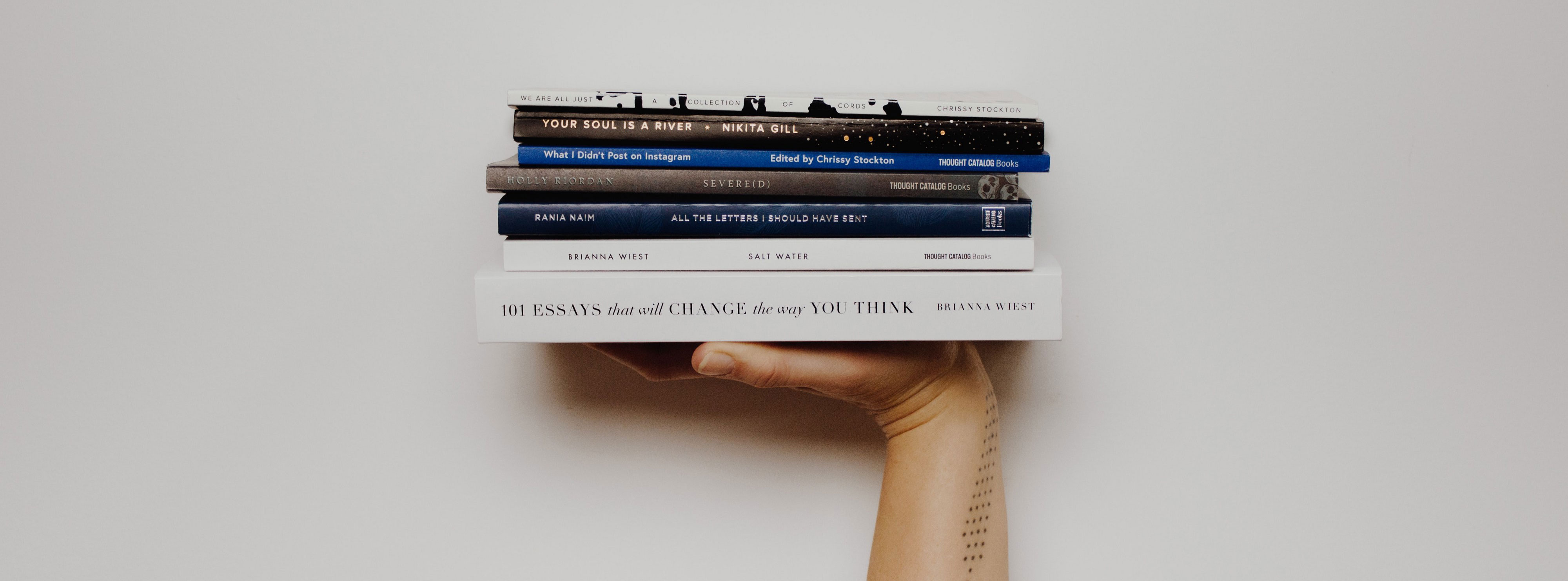
Supermarket shelves are empty, masks and hand sanitizer are like gold dust, sports games are being lost and won behind closed doors and offices are growing eerily quiet as employees choose to work from home – or forego their wages altogether. So serious has the situation become, entire companies have even collapsed – just look at the UK’s Flybe airline. Welcome to the world of COVID-19. It has a ring to it, right? In years to come, don’t be surprised if Hollywood releases a movie by the same name. For now though, forget cinema screens, the crisis we are facing is real.
Cases of COVID-19 – or coronavirus as we incorrectly call it – have topped 100,000 world-wide with more than 3,400 deaths reported, though the number is likely much higher. The World Health Organization has stopped short of calling it a pandemic, but that hasn’t stopped the spread of panic – and where human panic leads, the markets follow. More than $5 trillion was wiped off global stocks in the week ending 28th February alone, marking the biggest plunge since the financial crisis, the first Fed rate cut in more than a decade, and the fastest stock market reversal since the Great Depression.
Governments are calling for calm: only 1% of those infected are likely to die from the virus. There is no need for self-imposed quarantine. Food supplies will not run dry. But the advice falls on deaf ears. Once word is out, there’s no going back, the damage is done.
Make no mistake, COVID-19 is spreading fast, and for those with underlying health issues, its effects can be severe. But as humans, we have a tendency to overreact, resulting somewhat ironically, in no constructive reaction at all. When fear sets in, paralysis follows, and the same is true of business. For corporations big and small, when crisis hits, the propensity all too often is to over-react and under-produce.
The question is, why have we not become better at handling crises? Why are companies not prepared? If the global financial crisis taught us anything, it was that nothing can be taken for granted and that preparedness and resilience are key to survival. Yet, we appear not to have learned the lesson.
Some might argue that the world could not have predicted the spread of COVID-19, but that’s precisely the point. We can never know what is around the corner, but what we can do is always make sure that our businesses are in the best possible shape. That doesn’t mean contingency planning for survival in the event of a worst-case scenario, it means planning to be the best you can be, 365 days a year– through the good times as well as the bad.
Right now, the threat is COVID-19. Just over a decade ago it was the financial crash and several years before that it was the aftermath of 9/11. Each time the crisis is different, but the fear factor associated with each event exposes the same vulnerabilities and the same gaps that exist in our companies.
In the world of business, as in the world of infectious disease, prevention is better than cure, and the best prevention of all is ensuring that your company’s productivity is as close to optimal as you can get it.
Even on a good day, too many businesses are paying employees for eight hours of productive work per day, but only truly getting three. So, when disease, natural disaster or political change causes markets to nosedive and threatens your bottom line, what then? Can you rely on your people to up their game, or will your productivity plummet even further?
Forget the crisis of the day. For the sake of your company’s long-term health, break out of the state of fear and paralysis that is gripping the world and focus on nurturing the kind of productivity that will see you through to the other side.
Grab the bull by the horns – just be sure to wash your hands.
Source: https://www.linkedin.com/



